
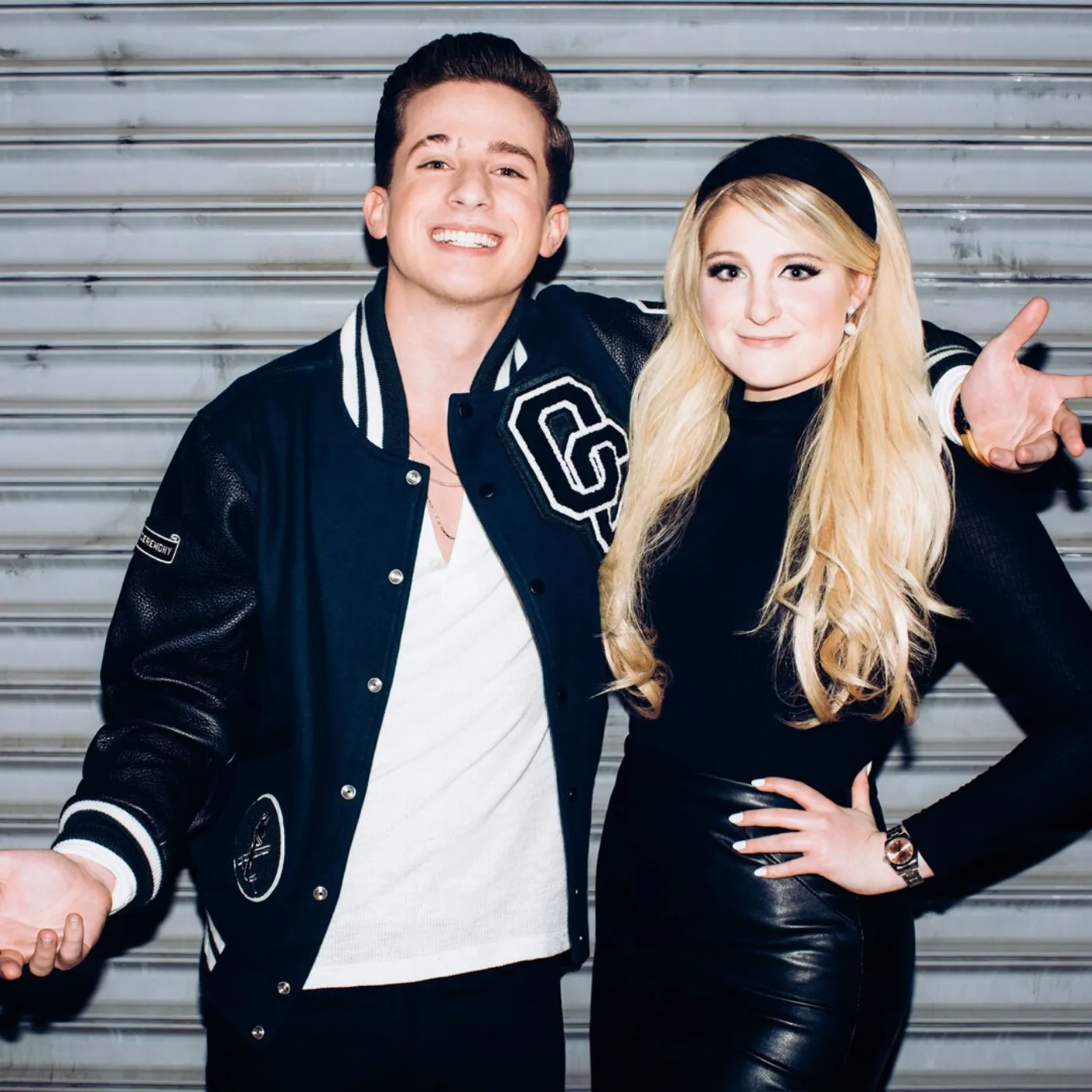
Here’s Why Charlie Puth’s Marvin Gaye Is Taking Over the Internet Again
It’s been a full decade since Charlie Puth and Meghan Trainor unleashed their undeniably catchy, yet polarizing single “Marvin Gaye” onto the world.
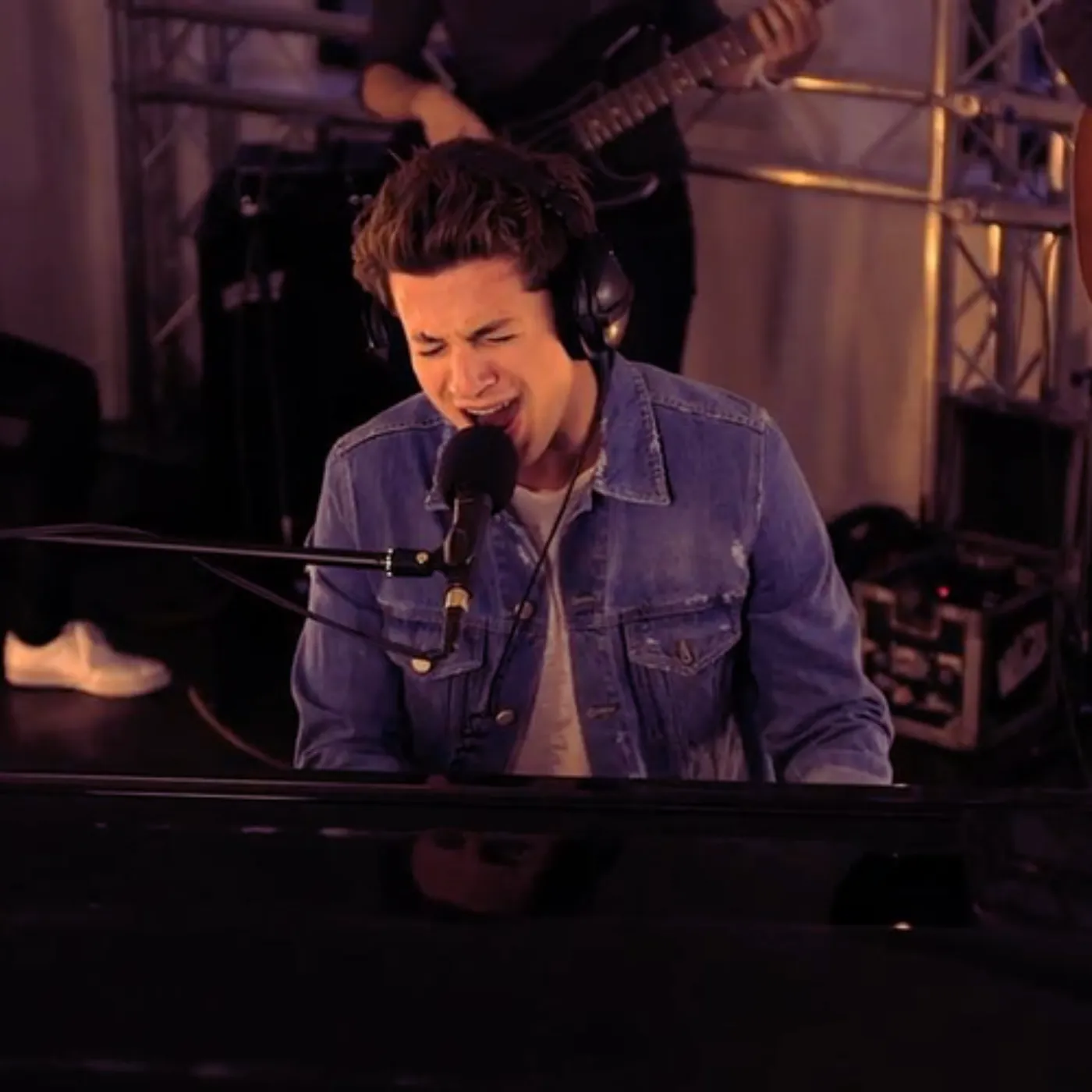
Back in 2015, it was everywhere. Pop radio. Weddings. Memes. Your cousin’s road trip playlist. The song went multi-platinum, topped international charts, and cemented Charlie Puth as one of pop’s most bankable new voices.
But it also became something of a joke. Critics bashed its syrupy throwback style. Some called the lyrics “cheesy,” even “cringe.” Memes poked fun at its forced old-school vibe.
And for years, it felt like the world moved on.
So why in 2025 is “Marvin Gaye” everywhere again?
That question isn’t just trending on TikTok and Instagram Reels—it’s become a full-on cultural debate. The song is back on Spotify’s Viral 50. Old videos are racking up millions of new views. Even radio programmers are slotting it in “throwback” hours.
Everyone wants to know: How did this happen?
The Viral Reawakening of a “Cringe” Classic
At the heart of this revival is one truth about pop culture: what we love to hate, we eventually just… love.
For younger listeners who were kids when “Marvin Gaye” dropped, the song now feels like pure nostalgia bait.
They don’t remember the think pieces calling it lazy retro cosplay. They don’t remember the eye rolls from music snobs.
They just remember it as the track their older siblings overplayed. The one with the goofy singalong hook.
And in 2025’s online world, nostalgia is a marketing superpower.
How TikTok Supercharged the Comeback
It started small.
A single TikTok sound featuring the chorus—“Let’s Marvin Gaye and get it on”—resurfaced with a silly meme edit.
Then another creator used it to make fun of “overly dramatic hookups.”
Within weeks, the sound was everywhere:
POV videos of cheesy first dates.
Parody skits mocking retro filters.
Reaction clips where teens pretend to hate it but know every word.
Suddenly, streams exploded.
Spotify logged a 400% week-over-week increase in plays.
YouTube showed older uploads racking up hundreds of thousands of fresh views.
Instagram Reels recycled the song into workout montages, pet videos, you name it.
It was classic viral marketing—but unplanned.
The Meme Economy Strikes Again
Pop culture in 2025 thrives on irony.
If something is so bad, it’s good? Perfect.
If it’s cringe but catchy? Even better.
If it annoys older critics? Absolutely ideal.
“Marvin Gaye” is tailor-made for that.
When it dropped in 2015, its deliberately old-school, almost cartoonish aesthetic was ridiculed for being too on-the-nose.
But that same over-the-top vibe is gold in 2025.
People aren’t sharing the song because they think it’s brilliant songwriting. They’re sharing it because it’s a cultural artifact.
It’s camp. It’s kitsch. It’s the perfect soundtrack for self-aware memes.
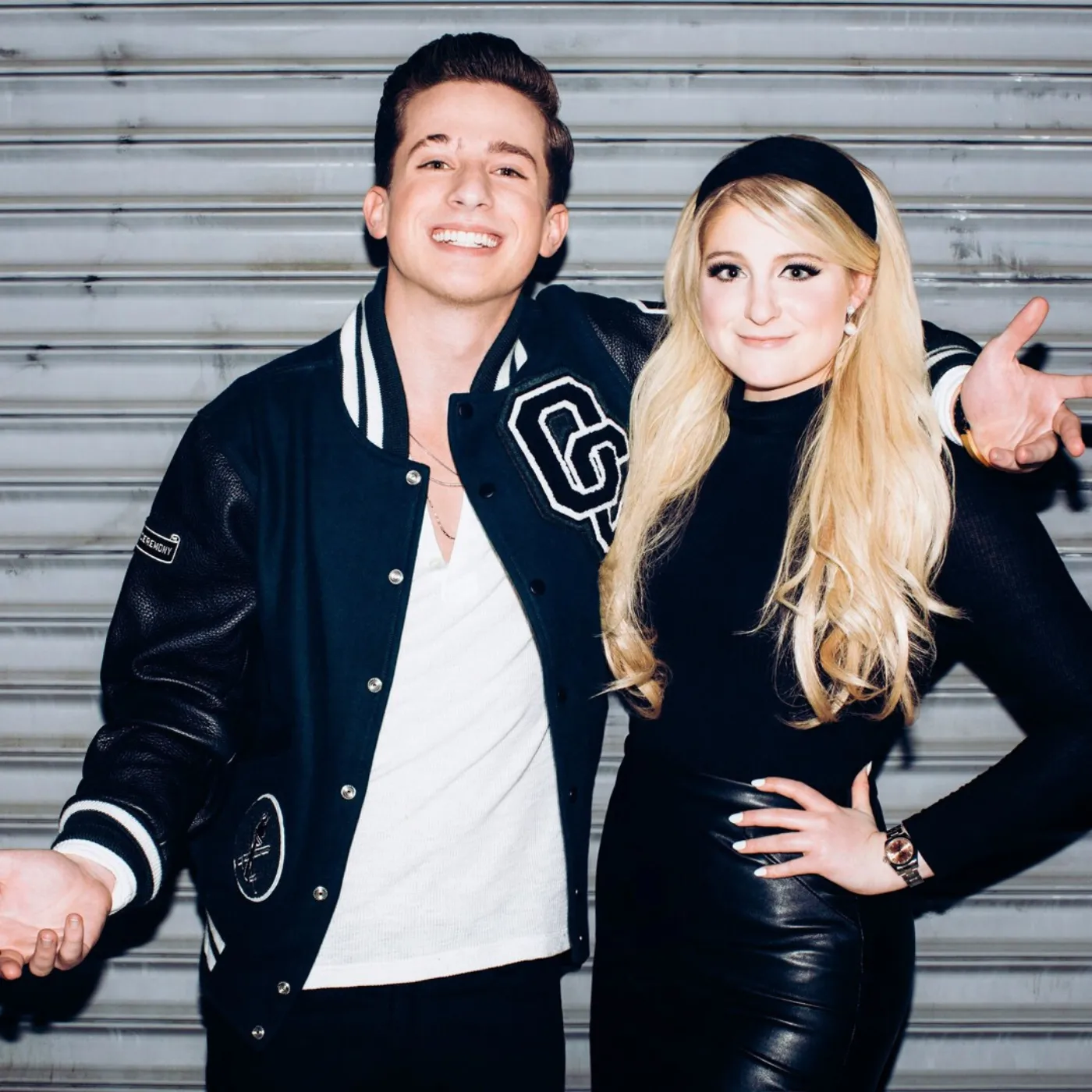
Charlie Puth’s Brand Gets an Unexpected Boost
Here’s where things get even more interesting.
For years, Charlie Puth has carefully managed his brand as pop’s brainy perfectionist.
He became famous on TikTok for showing off production wizardry.
He’s the guy who explains chord progressions in 30 seconds.
He brags about hearing pitches in car alarms.
But he’s also taken heat for being too intense, too precise, even humorless.
“Marvin Gaye,” ironically, is the opposite of that image.
It’s goofy. Silly. Flirty. Even a little dumb.
The fact that this is the song going viral again is a double-edged sword for Puth.
On one hand, he’s getting millions of new streams. On the other, it’s not the track he’d likely choose to define him.
Meghan Trainor’s Role in the Revival
Meghan Trainor, too, is having a cultural moment.
Her 2010s-era sound—which critics once panned as “novelty pop”—is now being reclaimed as “early Gen Z nostalgia.”
Kids who were 10 when “All About That Bass” dropped are now adults with a disposable income and a love of ironic throwbacks.
Seeing her name pop up on TikTok meme trends actually helps her streaming numbers across the board.
So this unplanned “Marvin Gaye” resurgence? It’s a win for her brand.
Old Songs Are Winning Big in the Streaming Era
This isn’t the first time a decade-old track has blown up out of nowhere.
Remember:
Fleetwood Mac’s “Dreams” went viral because of a skateboarding cranberry juice video.
Kate Bush’s “Running Up That Hill” topped charts again thanks to Stranger Things.
Even Miguel’s “Sure Thing” became a TikTok staple years after release.
Streaming doesn’t care how old a song is. All it takes is one viral moment.
Labels know this. Playlists know this. That’s why older songs stay in rotation.
When a song hits big again, it earns new royalties. It lands on new playlists. It boosts the artist’s catalog.
And “Marvin Gaye” is riding that exact wave.
Fans React: Love, Hate, and Ironic Worship
If you want proof that this is the internet’s song of the moment, look at the comments.
Some are sincerely hyped:
“This is such a bop I forgot how fun it is.”
“Bringing back middle school memories!”
Others lean into full cringe humor:
“POV: you’re making out in 2015.”
“I’m ashamed I know every word.”
Still others are savage:
“Charlie Puth should apologize for making this.”
“Meghan Trainor’s villain origin story.”
But that mix—love, hate, roast, nostalgia—is exactly why it’s viral.
Industry Insiders Are Paying Attention
Don’t think labels and managers are ignoring this.
An unplanned viral spike in an old single is a goldmine.
It gives them a reason to:
Reissue the song with new remixes.
Push it onto fresh playlists.
Use it in advertising.
Even book new interviews for Charlie Puth and Meghan Trainor to capitalize on the moment.
Industry sources have hinted that remastered or acoustic versions are already under discussion.
Charlie Puth’s Awkward Victory Lap
The funniest part?
Charlie Puth has built his brand on music theory TikToks, breaking down complex songs and flexing his perfect pitch.
But now he has to acknowledge that the song getting him viral royalties in 2025 is the one people used to call “baby’s first Motown.”
He’s posted lightly about it, embracing the joke but not fully diving in.
It’s a smart move. Leaning too hard into the meme risks seeming desperate. Ignoring it completely feels out of touch.
So he’s walking a careful line.
What Happens Next?
Will “Marvin Gaye” stay hot forever? No. Viral trends burn bright and fast.
But here’s what’s certain:
Streams will stay elevated for months.
It will land on more “throwback” and “party classics” playlists.
New listeners will explore Charlie Puth and Meghan Trainor’s catalogs.
Labels will push similar “retro” collabs even harder.
Most importantly, it cements a truth about pop music in 2025:
Everything can come back.
If it’s catchy enough to meme, it’s catchy enough to chart.
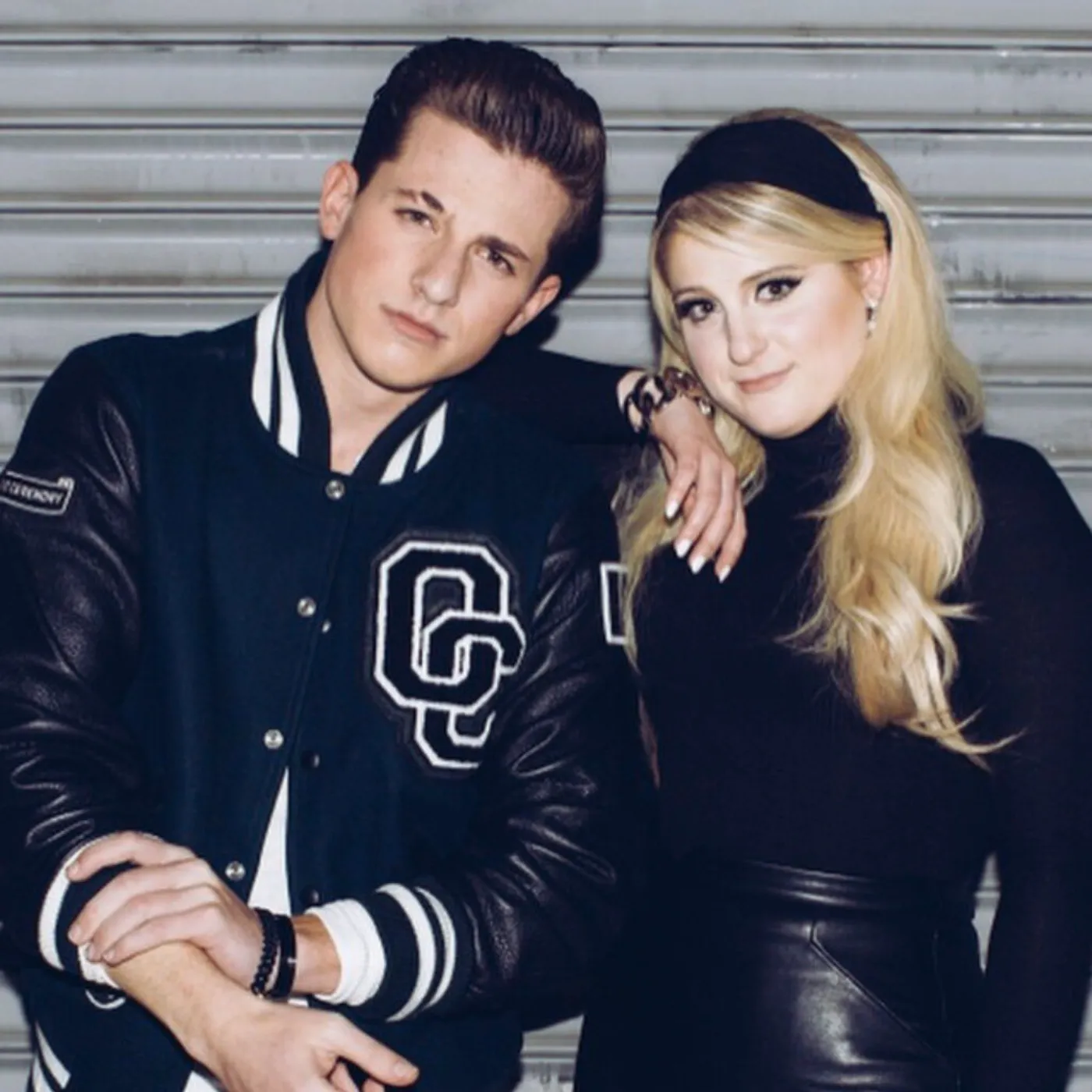
Final Thoughts
Charlie Puth’s “Marvin Gaye” is no longer just a 2015 novelty track.
It’s a cultural time capsule being repurposed by a new generation.
What was once mocked as corny is now camp.
What was once cheesy is now irresistible.
What was once dismissed is now profitable again.
And for Puth and Trainor, that’s not an embarrassment. It’s a reminder that in the streaming era, no song ever really dies.
It just waits for the perfect meme to resurrect it.


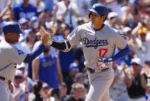



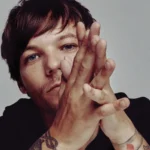

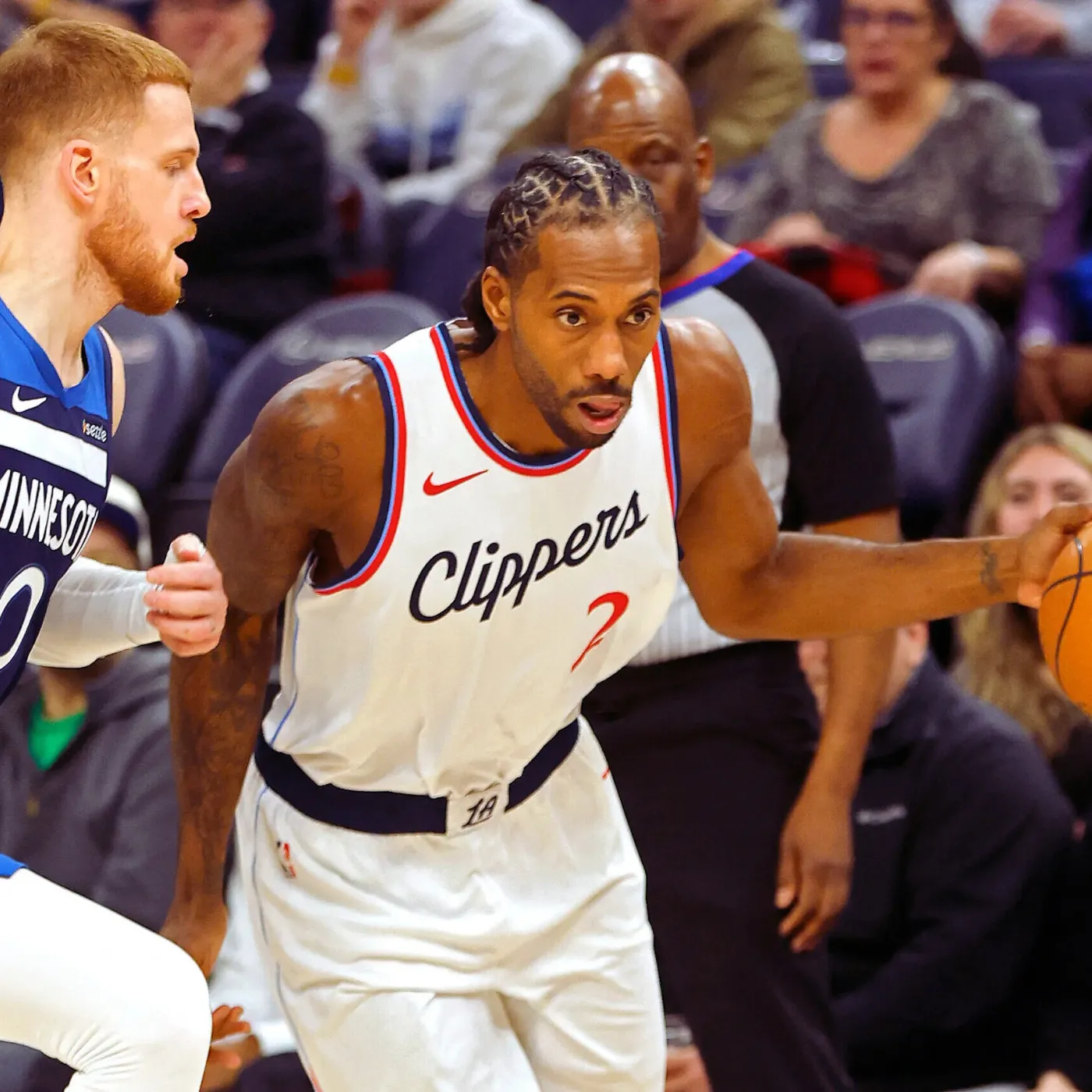
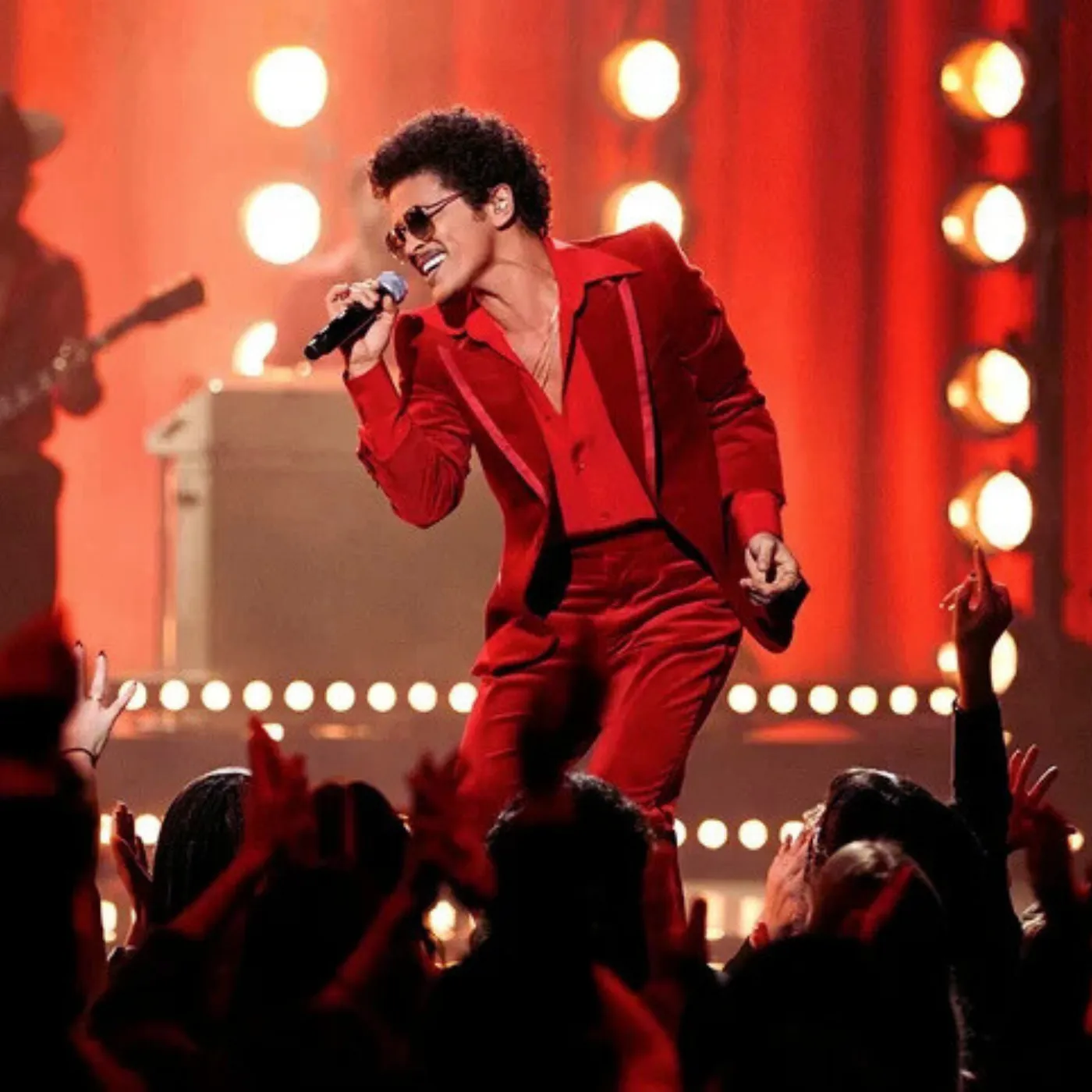
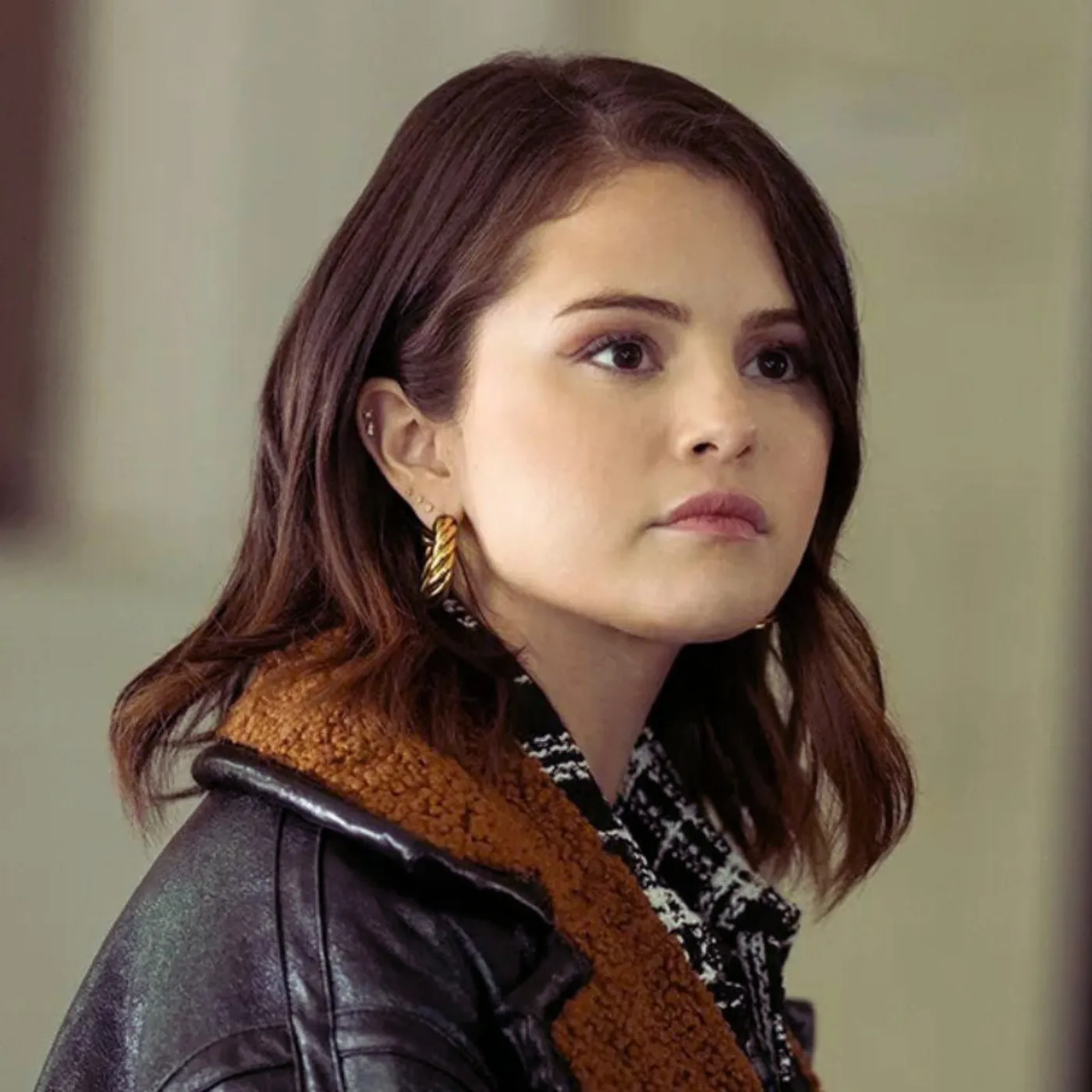








Post Comment